Nobody Gets Out Alive: Writing Advice from the Cheap Seats
 Before I was published, I read a lot of articles and books about writing, hoping to improve my craft. As I progressed, it became more difficult to find sage advice, because so much was slanted toward the novice writer just starting their first steps on the path. What I’d like to do today is pass along some tips for the intermediate writers out there — those who have been honing their work for a couple years with the goal of getting published.
Before I was published, I read a lot of articles and books about writing, hoping to improve my craft. As I progressed, it became more difficult to find sage advice, because so much was slanted toward the novice writer just starting their first steps on the path. What I’d like to do today is pass along some tips for the intermediate writers out there — those who have been honing their work for a couple years with the goal of getting published.
One of the biggest hurdles I faced when coming up was in my head. When I first started, I wrote in my spare time. Just whenever I felt the urge, and not with any consistency. Even when I decided during my college years to switch my major to English with the goal of becoming a career novelist, I was still treating it like a hobby. I think I was more intrigued by the idea of being a writer than the reality, which sounded like a lot of work.
Taking that next step toward being a “professional” writer meant changing my habits, and my state of mind.
1. Write every day
Everyone has school or a job, family obligations, friendships that require nurturing, and so on. But putting your butt in the chair and writing for a specific amount of time every day builds a habit, and that habit will see you through some tough spots down the road. You won’t always feel like being creative, but you still need to put in the time. Think of it as an investment in your career. You have to put in the work, day after day, for months and years on end. Treat writing like a profession, and others will start to see you as a professional.
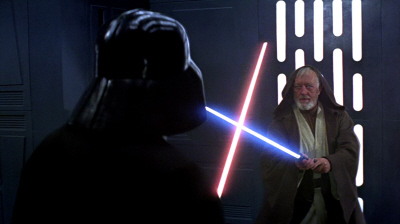
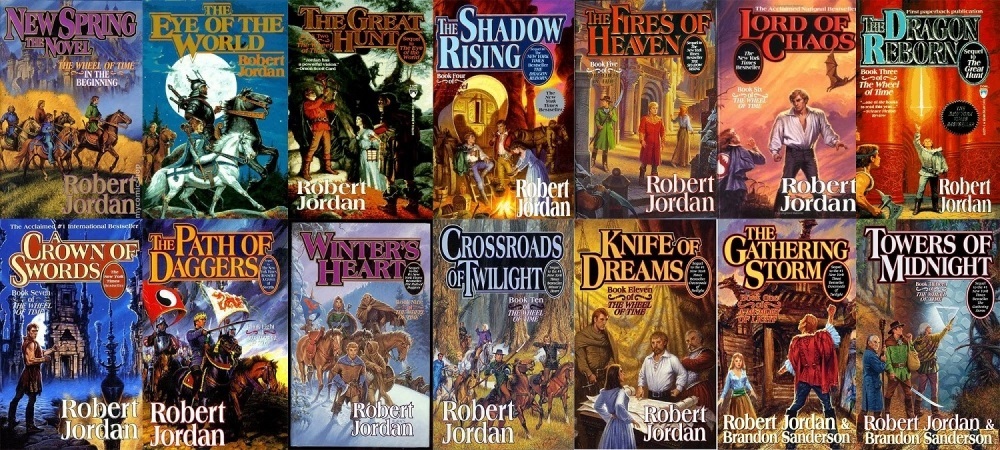

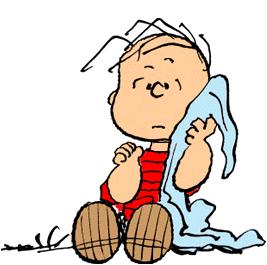
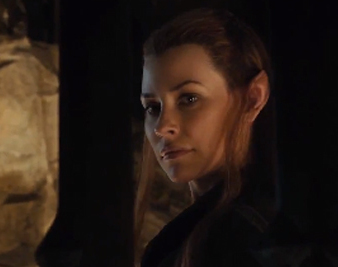
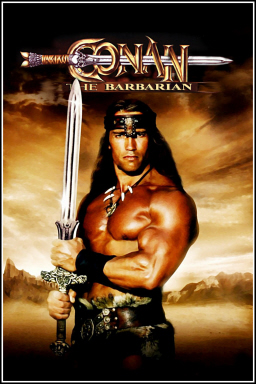
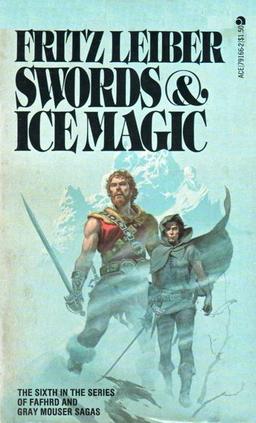
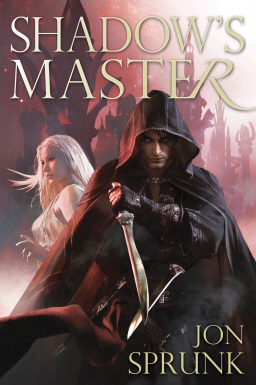
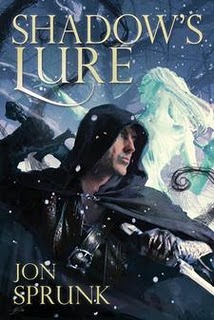 When my agent first told me that he had secured a three-book deal with Pyr Books, I was ecstatic. Three books! What a brilliant stroke of luck.
When my agent first told me that he had secured a three-book deal with Pyr Books, I was ecstatic. Three books! What a brilliant stroke of luck.